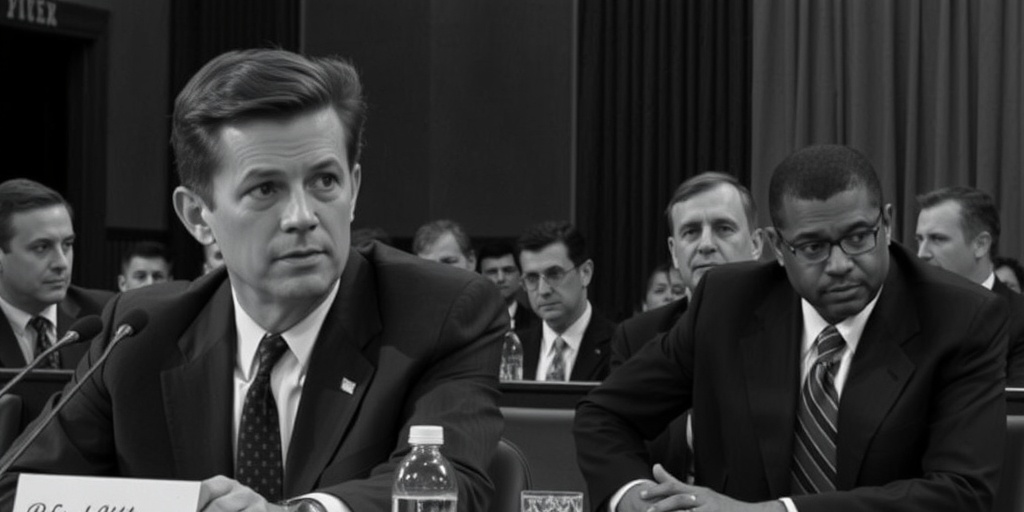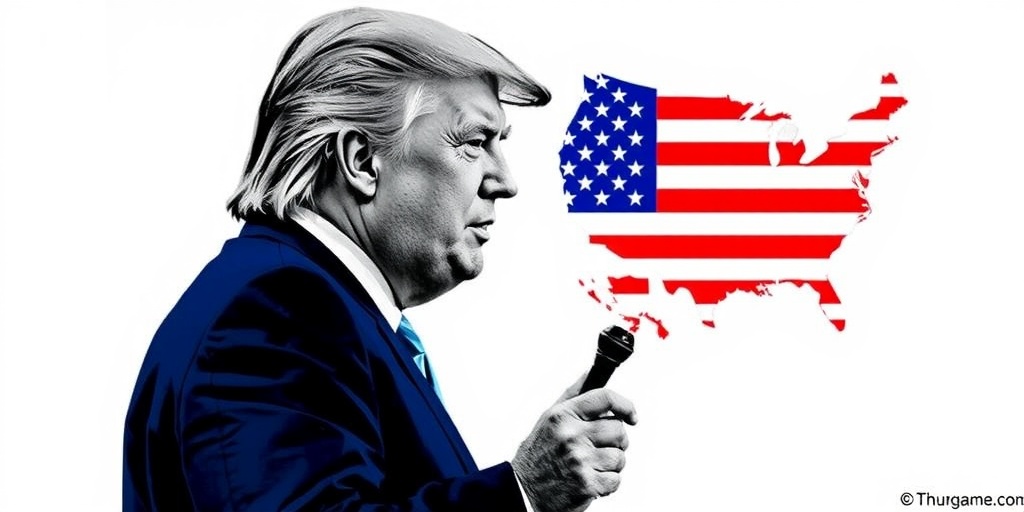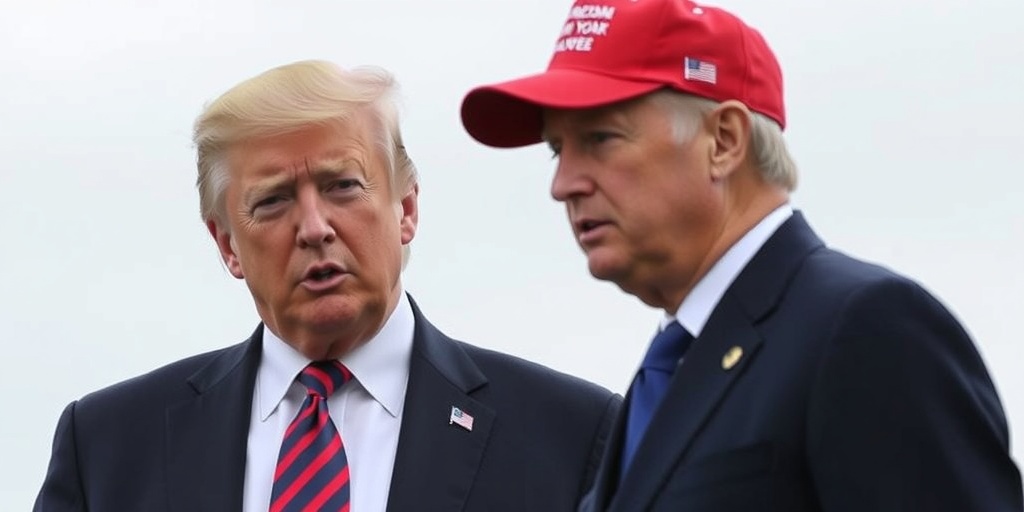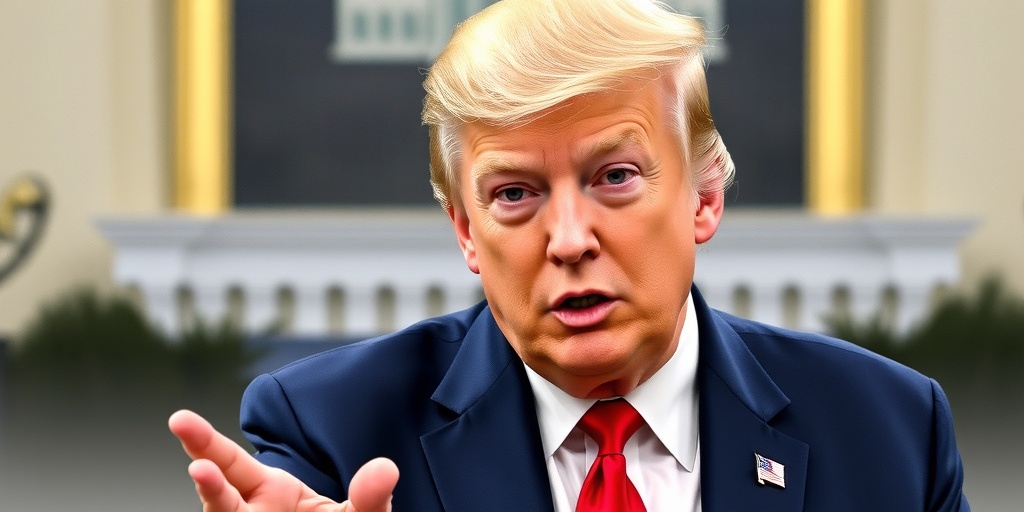Now Reading: Dr. Oz, Trump’s Medicare Pick, Commits to Divesting Health Stocks
-
01
Dr. Oz, Trump’s Medicare Pick, Commits to Divesting Health Stocks
Dr. Oz, Trump’s Medicare Pick, Commits to Divesting Health Stocks
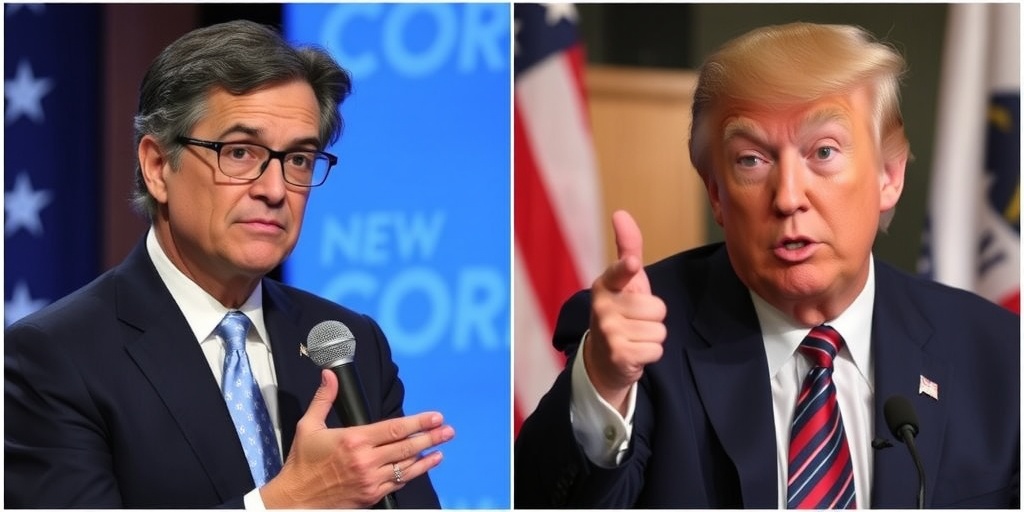
Dr. Mehmet Oz: Celebrity Doctor’s Controversial Holdings and iHerb Investments Under Scrutiny
Since 2023, Dr. Mehmet Oz, the well-known television personality and heart surgeon, has found himself in the spotlight once again, this time as a high-profile advocate for iHerb, a California-based supplement retailer. Appointed by President Trump to lead the Centers for Medicare and Medicaid Services, Dr. Oz has significantly promoted iHerb products across various social media platforms. In his promotions, he has recommended a variety of supplements, including those purported to stimulate hair growth and enhance skin smoothness. Notably, he has suggested that olive oil, which iHerb markets, "might be able to actually help with Alzheimer’s."
Recent filings from the Office of Government Ethics have revealed that Dr. Oz’s association with iHerb goes beyond mere promotion; he is also a substantial investor in the company. Disclosures indicate that the value of his iHerb investment could range from $5 million to $25 million, making it one of the largest holdings in his portfolio.
In his financial disclosures, Dr. Oz pledged to divest the majority of his multimillion-dollar investments, including healthcare companies and two firms specializing in artificial intelligence. However, the ambiguity surrounding the fate of his iHerb investments has sparked concern among ethicists and experts. In one filing, Dr. Oz stated that he would divest from iHerb "as soon as practicable but not later than 90 days after confirmation" by the Senate. Yet, in another document, he appeared to leave the door open for retaining some of his iHerb stock even after assuming leadership of the agency, contingent upon iHerb going public or being acquired. Such events could potentially lead to a substantial financial gain for Dr. Oz, raising questions about conflicts of interest.
Kathleen Clark, a law professor specializing in government ethics at Washington University in St. Louis, criticized the unclear language in Dr. Oz’s disclosures, claiming it was poorly drafted and even contained typographical errors. Richard W. Painter, a former ethics official under President George W. Bush, echoed these concerns and stated, "I cannot figure out if he is going to sell or not," emphasizing the ambiguity in his statements.
At 64, Dr. Oz has indicated that he would retain a financial connection to a venture named iHerb Oz Partners L.L.C., which was established in 2023 when he began his promotional role for iHerb. The specific functions of this entity remain unclear, as does its relationship to iHerb itself.
Christopher Krepich, a spokesman for Dr. Oz, declined to comment on the inconsistencies in the documentation regarding his holdings. Dr. Oz, who rose to fame with a 13-season daytime television show, has faced scrutiny for his promotion of dubious medical treatments and other products throughout his career. He unsuccessfully ran for a Senate position in Pennsylvania in 2022.
Dr. Oz’s financial disclosures paint a picture of significant wealth; estimates place his net worth between $90 million and $335 million. His wife, Lisa Oz, is an heir to a substantial stake in Asplundh Tree Expert, one of the largest private companies in the U.S., which provides tree-removal services. Given the wide-ranging estimates allowed in financial disclosures, precise calculations of their combined wealth are challenging.
As Dr. Oz prepares for his confirmation hearing before the Senate Finance Committee, with a date yet to be determined, his financial disclosures are likely to come under intense scrutiny from lawmakers. This scrutiny could focus particularly on his investments in iHerb and related healthcare enterprises. If confirmed as the nation’s top official overseeing Medicare, Dr. Oz might advocate for private insurance plans to cover dietary supplements, which could impact iHerb’s business dynamics.
In addition to iHerb, Dr. Oz listed numerous investments spanning various healthcare companies with ties to the government, all of which he intends to divest. His portfolio includes investments in UnitedHealth Group, a leader in providing private Medicare insurance, as well as pharmaceutical giants such as AbbVie and Eli Lilly, and HCA Healthcare, a for-profit hospital chain.
Dr. Oz’s recent filings also revealed his advisory roles in several healthcare companies, including Eko Health, responsible for digital stethoscopes; Housey Pharma; and Cardiology Partners, based in Florida. He stated his commitment to resigning from these positions and divesting his respective holdings upon confirmation to his government role.
The disclosures further indicate Dr. Oz’s intention to divest from major technology companies, including juggernauts like Amazon, Apple, and Microsoft. Interestingly, he reported holding Bitcoin valued at up to $1 million, yet this asset was not listed among those he plans to sell.
As Dr. Oz navigates these complex financial and ethical waters, the discussions surrounding his iHerb investments are likely to bring broader implications for the oversight of health-related products in the Medicare framework. The outcomes of his confirmation hearings and subsequent decisions could have lasting impacts on the intersection of health and commerce in the United States.
Stay Informed With the Latest & Most Important News
Previous Post
Next Post
-
 01New technology breakthrough has everyone talking right now
01New technology breakthrough has everyone talking right now -
 02Unbelievable life hack everyone needs to try today
02Unbelievable life hack everyone needs to try today -
 03Fascinating discovery found buried deep beneath the ocean
03Fascinating discovery found buried deep beneath the ocean -
 04Man invents genius device that solves everyday problems
04Man invents genius device that solves everyday problems -
 05Shocking discovery that changes what we know forever
05Shocking discovery that changes what we know forever -
 06Internet goes wild over celebrity’s unexpected fashion choice
06Internet goes wild over celebrity’s unexpected fashion choice -
 07Rare animal sighting stuns scientists and wildlife lovers
07Rare animal sighting stuns scientists and wildlife lovers














